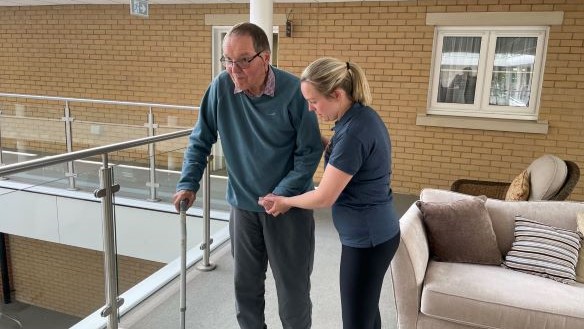Having a stroke affects each person differently. Symptoms can range from slight weakness in an arm or leg to dense weakness, altered sensation and changes in muscle tone in one side of the whole body. Whether you are in the early stages of your rehab, or you are months or even years after your stroke, there are lots of things you can do to aid your recovery.
1. Try to use your weak limb
Your brain is very clever! When I studied at university, one of the key things we learnt about within neurorehab was NEUROPLASTICITY. Neuroplasticity is the brains ability to grow and evolve in response to experiences. In other words, even though you may have had an injury to your brain (stroke), it still has the ability to adapt and change in order to relearn how to do tasks. It does this by active participation – ie: you trying to use your limb.
Even if when you try you see little movement or even none at all, neural connections can still be made by visualisation of a movement including thinking about how it might feel, what it would look like and using tools like a mirror box to give your brain feedback that your arm can move.
2. Give your affected limb lots of SENSORY stimulation
Sensory feedback is key for neuroplasticity to form the right connections in your brain. Whether its simply massaging your arm or leg with your favourite moisturizer, or you or someone is able to assist with stretching your muscles and moving your joints through range, this is all giving sensory feedback to your brain on your limb being in different positions and having different pressures put through it. Weightbearing (if safe to do) is an excellent way to give sensory feedback to the brain – whether its standing up, sitting up or leaning through your hands or forearms – this is all sensory information your brain will love!
3. Repetition
Practise makes perfect! The brain can’t learn a movement from the body doing it once or twice – its needs lots of repetition, and that repetition needs to be of a good quality – meaning if your muscles fatigue very quickly doing a certain movement, you shouldn’t continue as this may cause unwanted changes to muscles, joints and movement patterns. Take regular rest to make sure that the repetitions you are able to do are of a good quality movement, ensuring that the movement patterns are as near ‘normal’ and ‘functional’ as possible.
4. Routine
Recovering from a stroke can be very strenuous both physically and mentally. Physical rehab is very important, but so is time to rest as well as time for enjoyment like seeing family and friends (although this may also be tiring in the early stages). Setting out a routine for your day or week can help to keep you motivated as well as ensuring you don’t get too fatigued for the other things which are important to you. Recovery from a stroke can be a lengthy process, and so keeping a routine is a good way to ‘keep on track’ but also a way of reflecting how your are making improvements. But don’t be afraid to break routine once in a while! We all need a change sometimes!
5. Be kind to yourself!
Suffering a stroke can be very traumatic. Not only might you have significant changes physically, there can also be mental and emotional changes too. It can be a very hard time for both you and your loved ones, so it is important to remember to try to not be too hard on yourself or those around you. Remember its ok to have a bad day or a bad week. The important thing is to give yourself some time, try to reset and get back into your routine when you feel able and ready. If you feel like you need mores support in certain areas there are a lot of professionals and support groups available nationwide. The Stroke Association is an amazing resource for support on every day things. If you feel your problems are more medical in nature it may be worth speaking to your GP, physio, stroke nurse (if you have one) or other health care professional who’s care you are under.
So there’s Jess’s 5 things you can do yourself to aid your stroke recovery. I hope you enjoyed reading and good luck on your journey to recovery!




